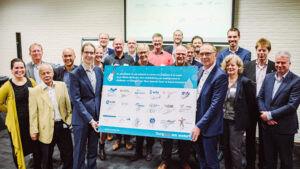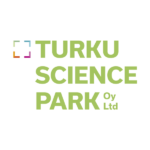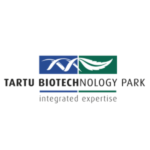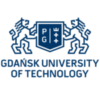In large parts of Europe, we have the luxury to enjoy fresh, clean drinking water straight from the tap, every day. In the Netherlands, this is the result of an extensive process of treating wastewater before letting it out into our waterways.
Unfortunately, more and more unwanted substances, including medicine residues, are entering our wastewater one way or another, causing the treatment of sewage to become increasingly difficult. But not all pharmaceuticals can be filtered out using the current methods and they appear to end up in rivers and lakes. Most of these substances are harmless but others, such as Diclofenac, antibiotics and synthetic hormones, appear to have a damaging effect on aquatic ecology in surface water. A precautionary principle applies to all these substances: the less, the better. However, it is expected that drug use will increase. As populations are ageing, the use of pharmaceuticals will continue to rise. On average, people over 65 need almost 3 times as much medicine as a younger Dutch person.

In the Northern Netherlands the number of people aged 65 and above, is growing faster than the national average. To prevent the volume of pharmaceuticals in water from growing at the same rate, we need to work together. This is why HANNN took the initiative to bring parties together from both the water services and health care sector to explore the possibilities for intersectoral cooperation on this topic. On November 12, 2019, 18 parties signed an agreement to initiate the ‘Network Medicine Residue in water Northern Netherlands’.
Since then, the network has agreed to carry out research throughout the entire region and pharmaceuticals life-cycle into effective interventions to reduce drug residues in water and to promote more healthy years. The network, with its broad representation of this chain, serves as a testing ground. Together we identify opportunities, test interventions and share our lessons with each other and the rest of the region. This way we are working towards possible actions that contribute to the reduction of drug residues in water.
To learn more about HANNN (Healthy Ageing Network Northern Netherlands) and the new network, go to www.hannn.eu












